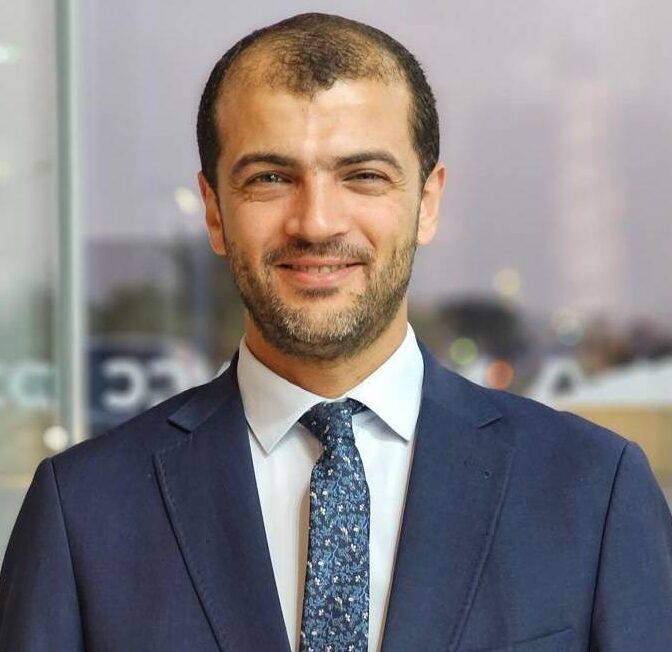The Syrian refugee crisis has presented Turkiye under the leadership of President Recep Tayyip Erdogan with significant challenges. As one of the countries most impacted by the millions of refugees, Turkiye has shouldered a considerable burden. However, Erdogan has implemented various strategies to mitigate the issues stemming from the crisis. There are a number of potential solutions that Erdogan can employ to address the Syrian refugee problems effectively.
For a start, he could continue to foster international cooperation and strengthen diplomatic ties with relevant stakeholders to find a collective solution to the Syrian refugee crisis. Engaging with countries involved in the conflict, such as Russia, Iran and the United States, could facilitate efforts to stabilise Syria and create conditions for the refugees’ safe return to their country.
Turkiye has been at the forefront of providing humanitarian assistance to Syrian refugees. Erdogan can enhance these efforts further by collaborating with international organisations, NGOs and donor countries to secure additional resources. Increased financial support can be utilised to improve the living conditions of refugees, provide access to education and healthcare, and support their integration into Turkish society.
READ: Is Turkiye democratic enough not to apply forced repatriation and politicising refugees?
The Turkish president could thus prioritise the development and implementation of comprehensive integration programmes for the refugees. By providing language and vocational training, as well as employment opportunities, Turkiye can help refugees become self-sufficient and able to contribute to the local economy. Establishing policies that promote social cohesion and cultural exchange can foster a sense of belonging and acceptance within Turkish society.
Investing in the education of refugee children is vital for their long-term prospects and the overall stability of the region. Erdogan can work to expand access to quality education by building more schools and hiring additional teachers. Collaboration with international organisations and NGOs can provide resources and expertise to improve the educational infrastructure for Syrian refugee children.
![Erdogan's win in the presidential election provides a lifeline for refugees in the region - Cartoon [Sabaaneh/Middle East Monitor]](https://i0.wp.com/www.middleeastmonitor.com/wp-content/uploads/2023/05/IMG_7035.jpg?resize=500%2C333&ssl=1)
Erdogan’s win in the presidential election provides a lifeline for refugees in the region – Cartoon [Sabaaneh/Middle East Monitor]
To manage the flow of refugees effectively, Erdogan could prioritise the strengthening of border security. This includes establishing robust mechanisms to identify and address security concerns without compromising the fundamental principle of providing protection to those fleeing conflict and persecution.
Fostering collaboration with neighbouring countries that have also been impacted by the Syrian refugee crisis is another option for the Turkish leader. Sharing best practice, coordinating efforts and jointly addressing common challenges can alleviate the burden on individual countries and provide a more comprehensive response.
The Syrian refugee crisis poses significant challenges for Turkiye, but President Erdogan has demonstrated his commitment to finding solutions. By employing the above strategies, he could make progress in mitigating the problems associated with the refugee crisis. While the road ahead is challenging, with sustained efforts and a comprehensive approach, Erdogan can contribute to a more sustainable and dignified future for both Syrian refugees and Turkiye as a host nation.
READ: For Erdogan, morals and principles matter as much as the economy
The views expressed in this article belong to the author and do not necessarily reflect the editorial policy of Middle East Monitor.

![Children walk in a camp for Syrian refugee in Turkey set up by Turkish relief agency AFAD in the Islahiye district of Gaziantep [Photo by OZAN KOSE/AFP via Getty Images]](https://i0.wp.com/www.middleeastmonitor.com/wp-content/uploads/2023/06/GettyImages-1247155638.jpg?fit=920%2C613&ssl=1)







